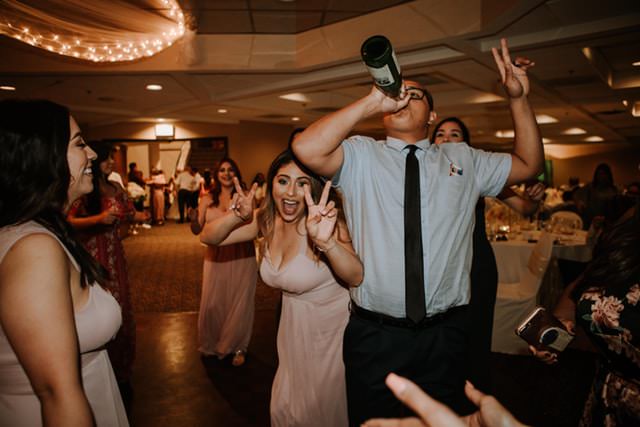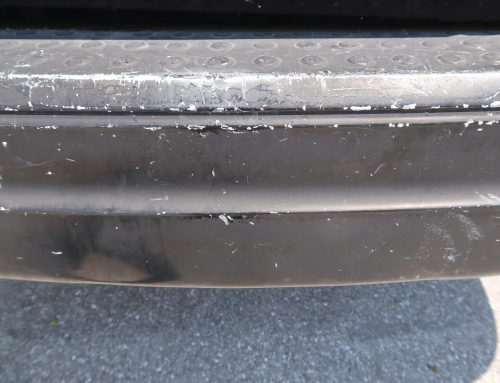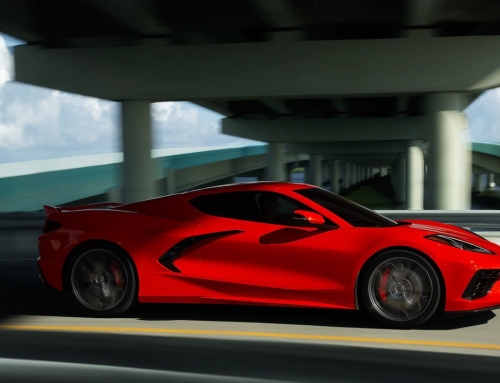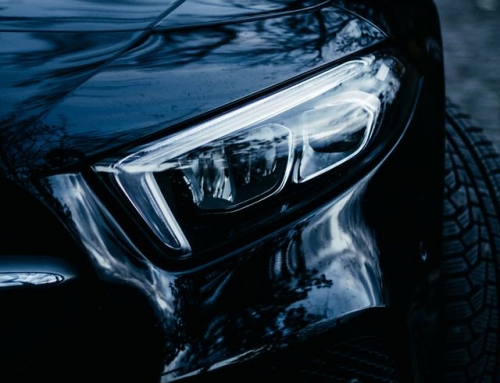 Have you been recently had a car accident and been charged with a DUI and you don’t know how to go about having your car fixed? Discussing this with your car insurance company is the first step. But before you start going through the whole tedious process of having your car fixed from your insurance, it’s best to know the basics first of what is entailed with getting a DUI.
Have you been recently had a car accident and been charged with a DUI and you don’t know how to go about having your car fixed? Discussing this with your car insurance company is the first step. But before you start going through the whole tedious process of having your car fixed from your insurance, it’s best to know the basics first of what is entailed with getting a DUI.
What is DUI? DUI (Drinking Under the Influence) is a very serious crime. Getting behind the wheel, whether it’s a truck, a car, a motorcycle, or any type of motorized vehicle after a drinking session is a big no-no. Drinking and driving under the influence (DUI), also referred to as driving while intoxicated (DWI) means that you are driving a vehicle with at least 0.08 percent level of blood alcohol content in your system. Although some drivers do not show visible warning signs of being under the influence of alcohol, this does not mean it is less dangerous. Any form of drinking and driving is considered a crime. And since it’s illegal, it comes with strict punishments according to law.
DUI and Insurance. The damages you incur on your vehicle, in most insurance policies, are not covered if you are driving while intoxicated or driving under the influence. But what if you have liability insurance? Your insurance company will still cover and take care of the damages but only to the aggrieved party. However, this only applies once you are convicted of a DUI or DWI charge. Liability insurance is only applicable to the other party involved in the car crash that is proven to be your fault.
For policies with a stipulated drunken clause, you will have to take care of the additional charges to your vehicle, as well as all the medical expenses. After being convicted with DUI, you are immediately considered a high-risk driver. This, in turn, will increase your policy rates.

If you have comprehensive and collision insurance, it’s still the call of the company if they will cover you and the other car’s damages. Some policies today include a particular clause that excludes them from taking responsibility for damages brought about by DUI.
Can DUI Violations Affect Your Insurance Rate? Yes. Once you have records of DUI violations, either your rate will increase, or worse, you may be refused for coverage. DUI drivers are considered high risks on the road. However, the driving history, the age, and the time passed following a DUI conviction are all factors to determine the amount of the insurance rate increase. Say for instance you never had recording speeding tickets or road violations except for that DUI, then your rate increase will not be that high.
Talking to your Insurance Company. After a car accident from a DUI violation, it’s best to get in touch with your insurance company to discuss your possible claims. You are obliged to speak to your insurance investigator, whether your claim is on your own insurer or that of another party.
While you maintain a professional dealing with your insurance claim adjuster, at the end of the day, everything boils down to business. Do not complain to your adjuster. So many claims are lost simply because the victim tried to “confide” with the adjuster. Instead, just state the facts and be straight to the point.
Getting your car fixed after a DUI violation is a very daunting task. Talk to your insurance company and discuss whether they can cover for the repair of your car or not. Weigh down your options. If all else fails, you can simply have the repair expenses come out from your pocket. It may be pricey but at least you are guaranteed to get your car back to its useful condition.






